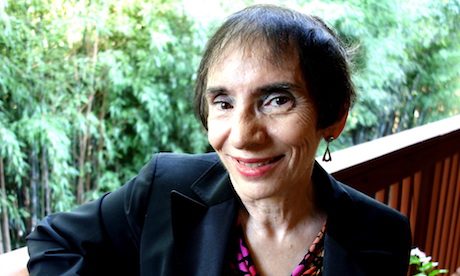A lot has been written about Pope Francis’s goal of making the church more democratic, with less control by the Vatican and more power to individual bishops.
In an ideal world, not only would the Vatican have less say in choosing bishops, but priests and laity would have a larger role in the selection of their leaders.
However, unless the institutional church actually reaches that goal, and power truly devolves to the grassroots, giving more autonomy to Catholic bishops might make things worse, not better, at least for progressive Catholics.
While Pope Francis’s appointments of often have elevated reformers to power, he cannot replace every powerful leader in the U.S. Conference of Catholic Bishops (USCCB).
And the bishops now leading U.S. Catholics skew conservative.
Indeed, in 2014, one bishop speaking on background confided that only about a third of American bishops were totally on board with Francis’s agenda, about a quarter were definitely against, and the rest were still figuring out where they stood.
Not much appears to have changed in the intervening years.
Consider, for example, Pope Francis’s approach to divorced and remarried Catholics who wish to practice their faith. The pope suggested that such Catholics, in certain circumstances, could receive Communion.
In Germany, Argentina and Malta, Catholic bishops followed the pope’s advice. That did not happen here.
Like Nun on the Bus Sister Simone Campbell, I don’t expect the bishops “to get a brain transplant.”
They largely are old and white and set in their doctrinal ways. But I did expect U.S. bishops to have a sense of balance about the issues they take on. Yes, we get it.
We know that bishops oppose same-sex marriage, contraception and abortion. But surely, they could agree with the pope that other issues are just as, if not more, important? Continue reading
- Celia Viggo Wexler is the author of Catholic Women Confront Their Church: Stories of Hurt and Hope (Rowman & Littlefield).
